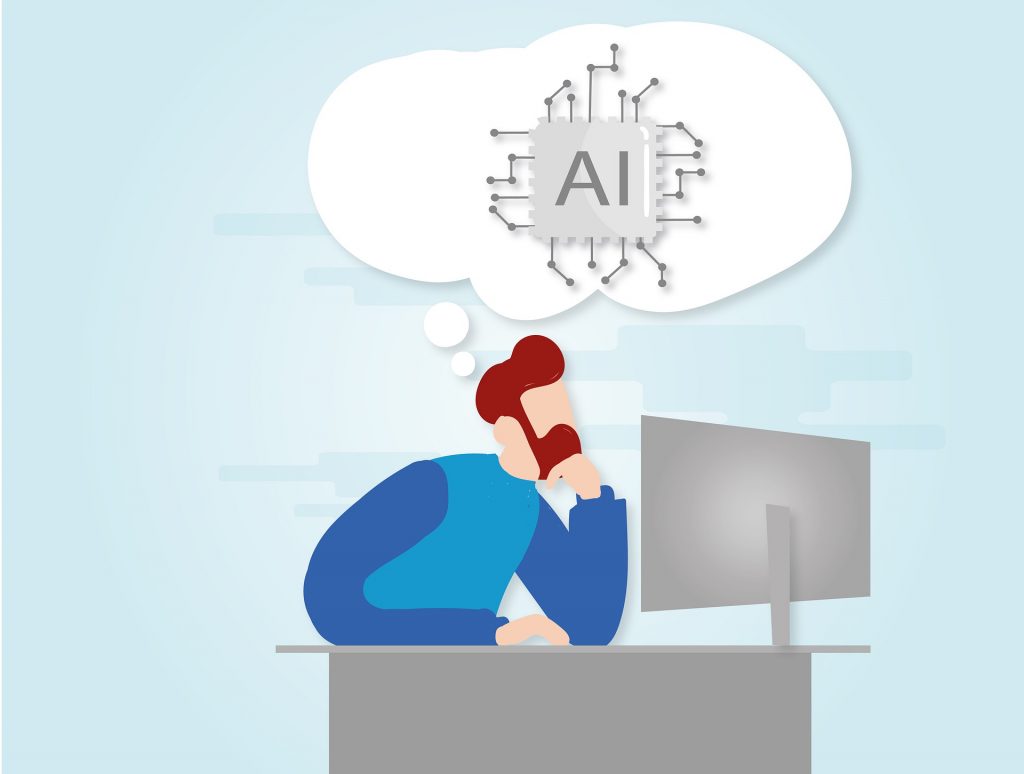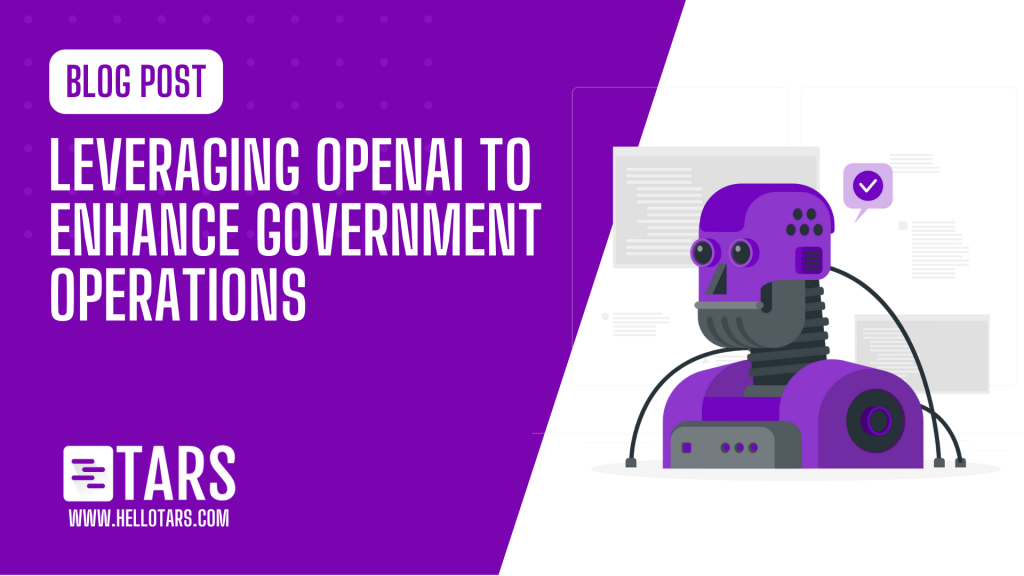OpenAI is one of the leading companies in AI research and development, and its solutions can be leveraged to enhance government intelligence operations in many ways. OpenAI’s machine learning algorithms can:
🎯analyze vast amounts of data,
🎯automate routine tasks, and
🎯improve decision-making processes.
Whether you’re a government agency or a business looking to enhance your intelligence operations, this blog will provide valuable insights into how OpenAI‘s solutions can benefit your operations.
How can OpenAI enhance government intelligence operations?

OpenAI’s solutions can enhance government intelligence operations in a number of ways, including:
🎯Data Analysis: OpenAI’s machine learning algorithms can sift through vast amounts of data from various sources, such as social media, news articles, and public records, to identify patterns and insights that might otherwise go unnoticed.
🎯Automation: OpenAI’s solutions can automate routine tasks, such as data entry and report generation, saving time and improving efficiency. This can allow intelligence agencies to focus on more complex tasks that require human expertise.
🎯Decision-making Support: OpenAI’s solutions can improve decision-making processes by providing valuable insights and recommendations based on data analysis. With the help of AI, government agencies can make more informed decisions that are backed by data and insights, reducing the risk of errors and improving outcomes.
🎯Security: OpenAI’s solutions can also help enhance security measures, such as identifying potential threats and vulnerabilities, and monitoring for suspicious activity.
Can OpenAI be used for free?

While OpenAI’s solutions are powerful tools for businesses and government agencies, they are not free to use.
OpenAI offers various pricing tiers depending on the specific needs of the organization, including:
✅GPT-3 API: OpenAI’s flagship product, GPT-3, is available through an API (application programming interface) that allows businesses and developers to integrate its capabilities into their own applications. The pricing for this API varies depending on usage and specific needs.
✅OpenAI Codex: Codex is a platform for developers that can provide code completions and other development tools. OpenAI offers a free tier for individual developers, and paid plans for businesses.
✅OpenAI Gym: This is essentially a toolkit that can be used for developing as well as comparing reinforcement learning algorithms. OpenAI Gym is absolutely free to use as it is an open-source product.
✅OpenAI LP: OpenAI LP is the commercial arm of OpenAI, which offers customized AI solutions to businesses and organizations. The pricing for these solutions varies depending on the specific needs and scale of the project.
While some of OpenAI’s solutions are available for free, others are only available through paid plans. Nonetheless, the investment in these tools can be worthwhile for businesses and government agencies looking to improve their intelligence operations and stay ahead of potential threats.
Moving on, let’s address a very popular question.
Does Elon Musk still own OpenAI?

Elon Musk was a co-founder of OpenAI, but he is no longer affiliated with the company. Musk left OpenAI in 2018 due to potential conflicts of interest with his other companies, such as Tesla and SpaceX. Although he is no longer involved with OpenAI, Musk remains a vocal advocate for AI development and is also involved in his own AI company, Neuralink.
While Elon Musk was a significant figure in OpenAI’s early days, the company has since grown and evolved independently. Today, OpenAI is led by a team of experienced researchers and developers who are dedicated to advancing AI technology and making it more accessible to businesses and organizations.
In conclusion, Elon Musk no longer owns or is affiliated with OpenAI, but his contributions to the company’s early development cannot be overlooked. OpenAI has since grown into a leading provider of AI research and development solutions and continues to innovate and evolve independently.
Conclusion
In conclusion, leveraging AI with OpenAI’s solutions can provide significant benefits for government intelligence operations. From data analysis and automation to decision-making support and security measures, OpenAI’s machine learning algorithms can help intelligence agencies sift through vast amounts of data, automate routine tasks, and improve overall efficiency.
Moreover, the potential benefits of using OpenAI’s solutions for government intelligence operations go beyond efficiency and cost savings. With AI-powered tools, decision-makers can make more informed and data-driven decisions, reducing the risk of errors and improving outcomes. This can have far-reaching impacts, from improving national security to enhancing public safety and protecting citizens’ rights.
Therefore, leveraging AI with OpenAI’s solutions has tremendous potential for enhancing government intelligence operations, and we can expect continued innovation and progress in this field in the years ahead.
Let Tars Help You Leverage the Power of OpenAI
Unsure about how to get started? Book a demo with us now and our in-house experts will personally walk you through the entire process and help you understand how your business/agency can leverage the power of OpenAI.

I am a creative thinker and content creator who is passionate about the art of expression. I have dabbled in multiple types of content creation which has helped me explore my skills and interests. In my free time, I indulge in watching animal documentaries, trying out various cuisines, and scribbling my own thoughts. I have always had a keen interest in blogging and have two published blog accounts spanning a variety of articles.

0 Comments on "Leveraging OpenAI to Enhance Government Intelligence Operations"